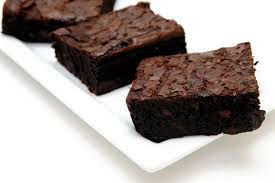The surprising problem with calorie counting. [Infographic]
- Isabelle Eberhart-Currat

- Aug 2, 2017
- 1 min read
Most people who count calories for weight loss or weight management assume it’s an exact science. It’s not. Here we outline 5 reasons calorie counting (i.e. logging your food to calculate intake) is fundamentally flawed.
Make no mistake, the principles of energy balance work:
Take in more calories/energy than you expend, you gain weight. Take in fewer calories/energy than you expend, you lose weight.
However, counting calories as a way to try to know, and control, your energy intake is fundamentally — sometimes hopelessly — flawed.
For starters, you can’t really trust that the calorie (and macronutrient) numbers you see on food packages are accurate. You see, the way they’re calculated — if they’re calculated at all — is surprisingly imprecise.
Plus, even if food package numbers were precise, once the food is cooked, or chopped, or blended, the amount of energy available for digestion and absorption changes.
Then there’s what happens once that food enters your body…
In the end, even something that seems as simple as knowing how many calories you’re taking in (and absorbing) can be influenced by dozens of unexpected factors.
That’s why, today, we share the 5 biggest (and surprising) problems with calorie counting as it relates to the “calories in” side of the energy balance equation.
Okay, we know all of this is going to blow some minds. Especially with the current fascination around calorie tracker websites and apps.
But once you’ve had some time to let it sink in, please download the infographic and spread the word.
And if you want to learn about the other side of the calorie counting equation, check out Part 2: ‘Calories Out’!















Comments